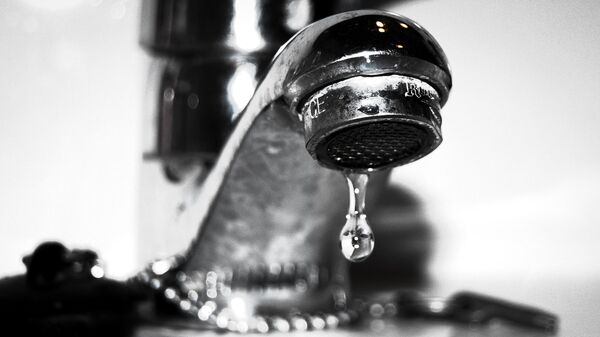In October 2014, Valerie Brader, Snyder’s deputy legal counsel and senior policy adviser, wrote in an email that the city “should try to get back on the Detroit system as a stopgap ASAP before this thing gets too far out of control.” She also argued that it was an "urgent matter to fix."
"As you know there have been problems with the Flint water quality since they left the DWSD (Detroit Water and Sewerage Department), which was a decision by the emergency manager there," Brader wrote to four top aides to Governor Snyder.
Michael Gadola, who was the governor’s legal counsel, also expressed his concern to the governor’s aides, calling the switch to using Flint River as the drinking water source “downright scary.”
Flint “should try to get back on the Detroit system as a stopgap ASAP before this thing gets too far out of control,” Gadola wrote, copying Brader’s email 12 minutes after Brader sent it, the Detroit Free Press reported.
"Too bad (former Flint emergency manager Darnell Earley) didn't ask me what I thought, though I'm sure he heard it from plenty of others," Gadola, who grew up in Flint, wrote to Brader, the governor's Chief of Staff Dennis Muchmore, then-communications director Jarrod Agen and Deputy Chief of Staff Elizabeth Clement. "My Mom is a City resident. Nice to know she's drinking water with elevated chlorine levels and fecal coliform."
The warnings and concerns were not addressed, however, and in January 2015, Earley rejected returning Flint’s water source to the Detroit system.
In October of 2015, one full year later, the state changed the city’s drinking water source back from the polluted Flint River to the Detroit water system, but warned that the water was still not safe.
Beyond containing enough lead for the EPA to consider Flint tap water to be “toxic waste,” there has been a major uptick in Legionnaires disease, a deadly waterborne bacterial infection that has infected 87 Flint area residents since June 2014, 10 of which have been fatal. So far the state has refused to test the water for the bacteria to conclusively link it to the water crisis.
The FBI has joined the US Postal Inspection Service, the US Environmental Protection Agency's Office of the Inspector General, and the EPA's Criminal Investigation Division, into the wide-ranging criminal probe of the Flint water crisis, to determine which laws were broken and who broke them.




